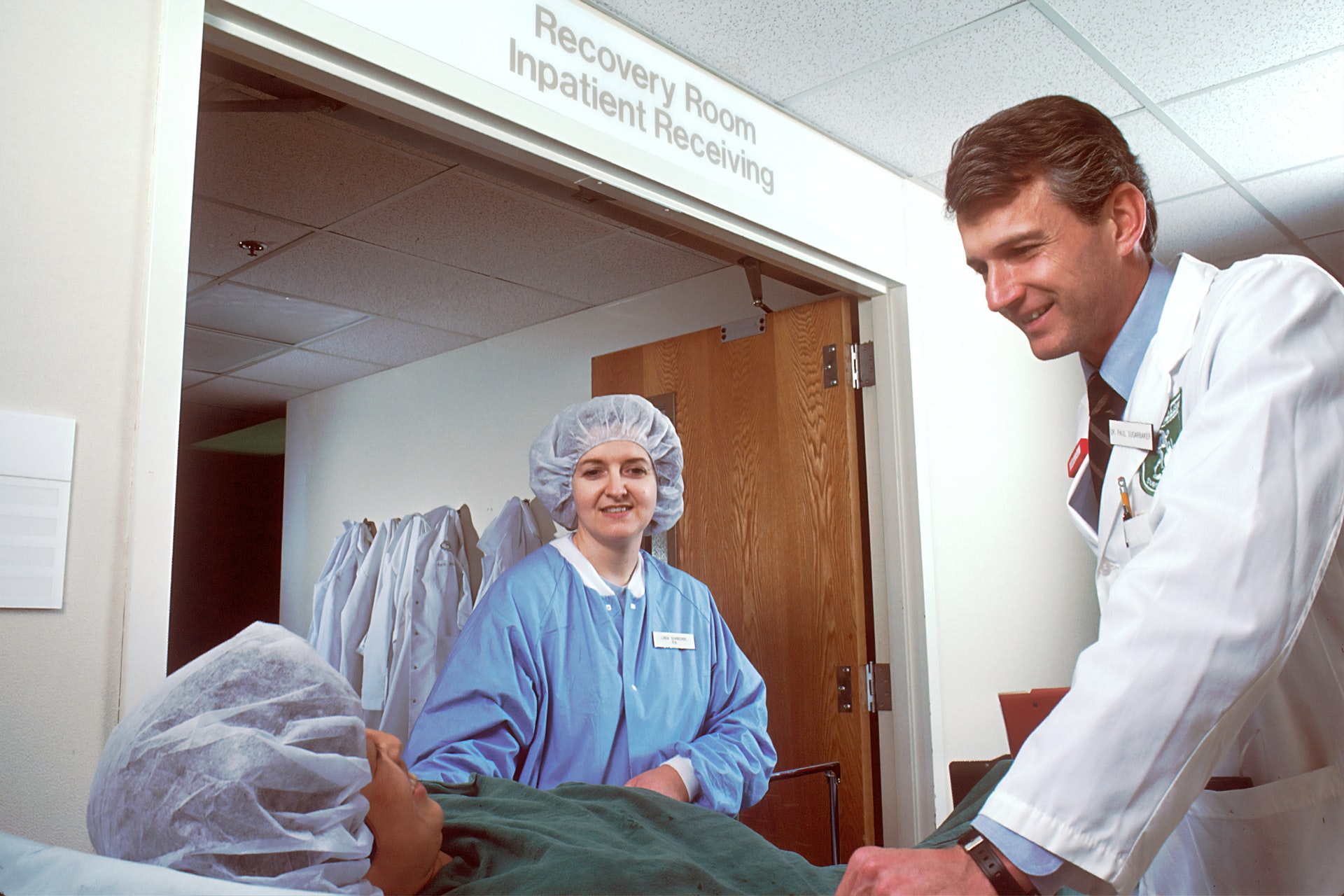The Importance of HIPAA to Health Organizations
What effects did HIPAA present and what would be the advantages to the medical sector and patients? HIPAA premiered in 1996, mostly to address one specific issue: An insurance policy for people between occupations. Without HIPAA, workers faced a reduction of insurance policy when they were between jobs. Another aim of the HIPAA compliance is to avoid healthcare fraud and to ensure that private health information is secured and can only be accessed by authorized people.
Healthcare Organizations
 HIPAA introduced a variety of significant advantages for the healthcare sector to assist with the transition from paper documents to digital copies of health advice. HIPAA has streamline healthcare purposes, enhance efficiency in the medical business, and ensure safe health information.
HIPAA introduced a variety of significant advantages for the healthcare sector to assist with the transition from paper documents to digital copies of health advice. HIPAA has streamline healthcare purposes, enhance efficiency in the medical business, and ensure safe health information.
The criteria for documenting health data and digital transactions allow everybody to sing from precisely the same hymn sheet. Considering all HIPAA-covered entities need to use identical code places and nationally recognized identifiers right, this can help transport digital health information between healthcare providers, health programs, and other things.
Patients
HIPAA is significant since it ensures health care providers, health plans, health care clearinghouses, and business partners of HIPAA-covered entities should implement many defenses to protect sensitive health and personal information. While no health care organization would like to expose sensitive information or possess health information discharged, without HIPAA, there could not be a need for health care organizations to safeguard information without any repercussions if they neglected to do so.
HIPAA established rules which need health care organizations to control who has access to medical information, limiting who can see health data and who information could be shared with. HIPAA helps make sure that any information revealed to health care providers and health programs, or data produced by these transmitted, or stored by them, is subject to stringent security controls. Patients will also be given control over who their advice is introduced to and that it’s shared with.



